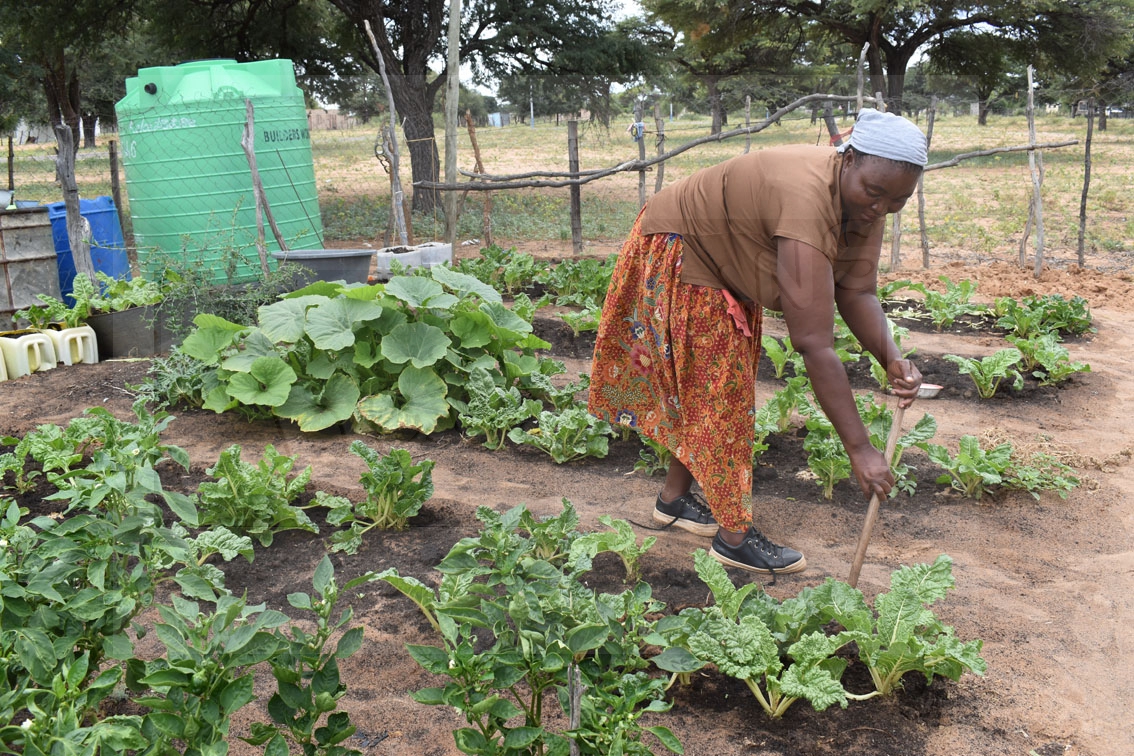Debswana restrutures amid poor diamond sales
28 Oct 2025
Termed the ‘Future Fit Structure,’ Debswana’s new, future-focused organisational structure and operating model is expected to be finalised and fully resourced by December 2025.
According to a Debswana official Ms Agatha Sejoe, the restructuring exercise entails an organisational redesign which would ensure long-term business sustainability and operational resilience.
Ms Sejoe said all Debswana operations across the three sites being Orapa, Letlhakane and Jwaneng were included in the redesign process.
She revealed that as part of the ongoing austerity measures to respond to a decline in diamond sales, a total of 15 companies engaged by Debswana had been affected to varying degrees, including outright termination of two contracts and reduction in activity of 13 contracts.
She said evaluation was still ongoing to determine the need for more contracts rationalisation that would support further organisational realignment as dictated by the evolving business climate.
According to Ms Sejoe, as part of the demobilisation of contractors, it was a requirement that employees were properly released from employment prior to their final payments being settled by Debswana, including completion of exit medicals, and settling their dues from their employment in line with their employment contracts.
She stated that a deliberate campaign to prepare employees for voluntary separation was launched prior to the commencement of voluntary separation process, which began in December 2024.
She indicated that through Debswana wellness service, a tailored programme of care was created, which ensured that every individual departing the company left not just with a financial package, but with emotional readiness and practical tools to thrive in the next chapter of their lives. When commenting, general secretary of Botswana Mine Workers Union Mr Mbiganyi Gaekgotswe advocated for a change of laws to limit contracts to a minimum of one year as opposed to the current three months, which he said could be renewed over a period of three years in many instances.
He indicated that terminal benefits were not protected in terms of the law, and that as such a lot of companies terminated workers’ contracts without paying them their benefits. Mr Gaekgotswe further expressed concern that companies owned by locals often times failed to pay their employees, noting that as a result, many of their members preferred to work for foreigner-owned companies.
Ministry of Labour and Home Affairs public relations officer, Mr Moreri Moesi said the ministry did not have cases of employees who were not fairly compensated for voluntary separation.
Mr Moesi said the voluntary separation process was a negotiated and consultative process done by Debswana management and the Botswana Mine Workers Union.
He said the ministry had registered only two trade disputes from former employees who alleged they were coerced into opting for voluntary separation by the employer when Debswana outsourced the services of the department of transport.
Mr Moesi said the former employees who re-surfaced and demanded to be reinstated to their former positions had their disputes mediated at the district labour office in Letlhakane and Jwaneng, respectively.
Shedding light on employment contracts, Mr Moesi said employment contracts in Botswana could either be fixed term or indefinite, with a fixed contract being valid for a specific period while an indefinite term contract did not have a set end date.
Moesi said there was no statutory restriction on the duration of an employment contract or the number of times it can be renewed. Nonetheless,he said employers were encouraged to offer long-term contracts where possible, in alignment with the duration of their projects. ENDS
Source : BOPA
Author : Thandy Tebogo
Location : Jwaneng
Event : Interview
Date : 28 Oct 2025





